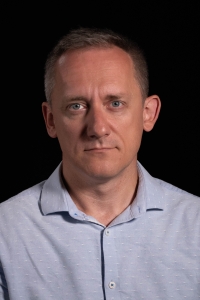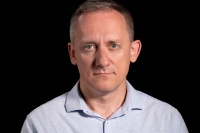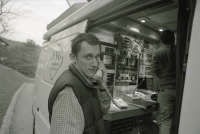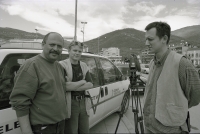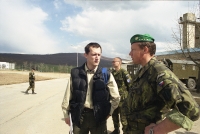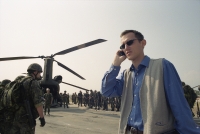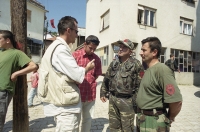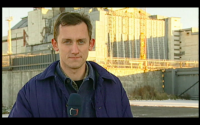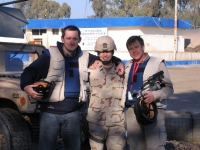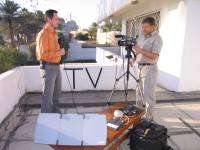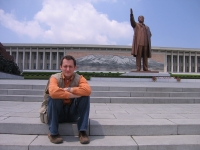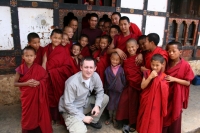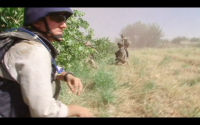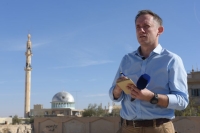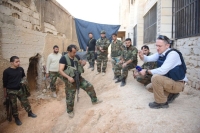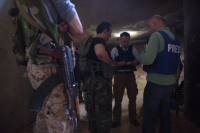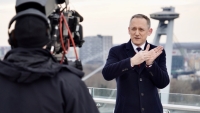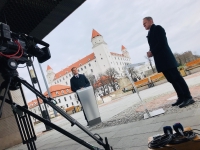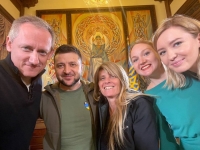At some point you have to choose between adrenaline and family.
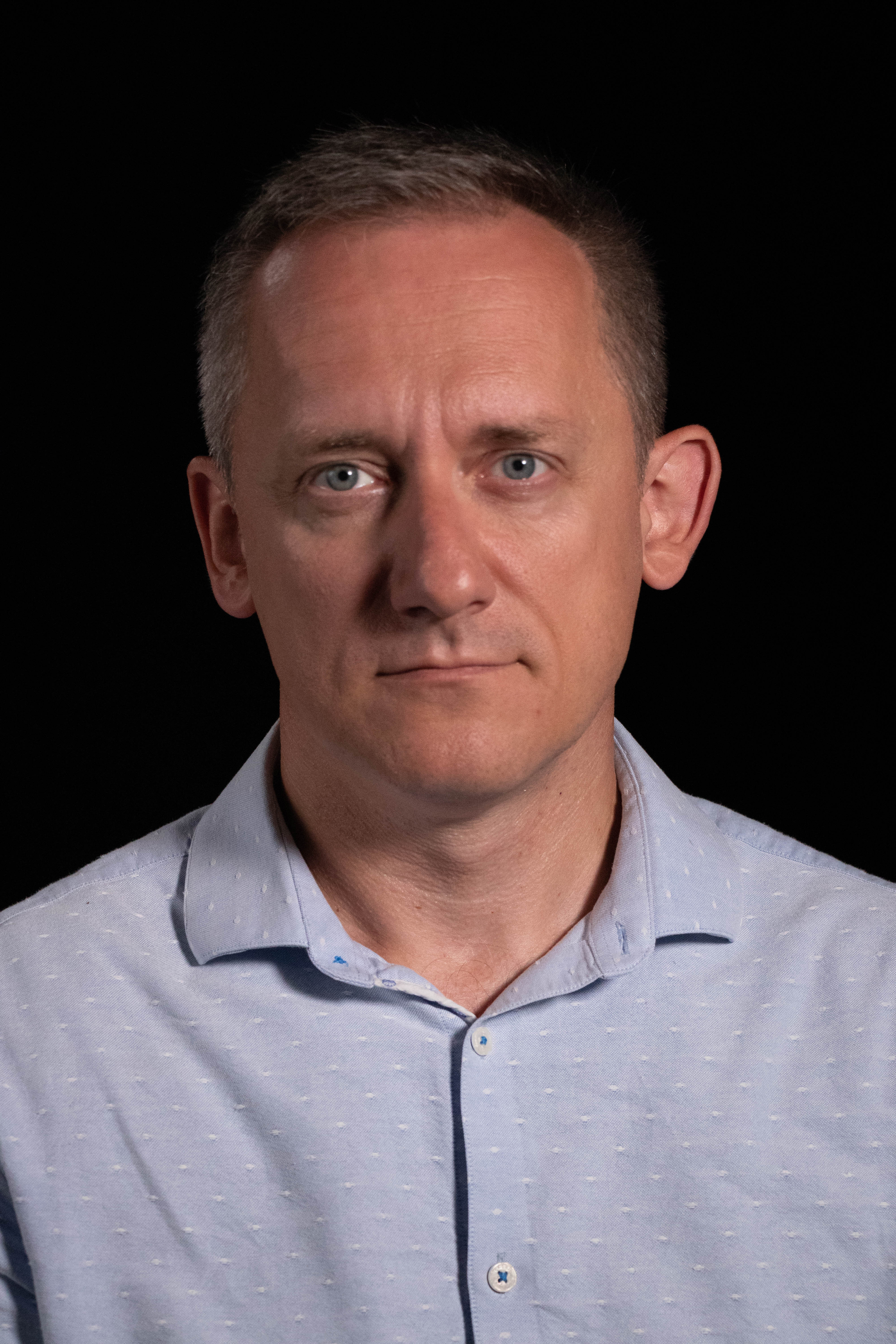
Download image
Michal Kubal was born on 12 October 1976 in the small town Stod in western Bohemia, the youngest of three children. He graduated from the grammar school in Pilsen and was subsequently accepted to the Faculty of Social Sciences at Charles University. In 1997, while studying at university, he began working part-time as a short news editor at Czech Television. In 1998 he accepted an offer to move to the foreign desk of Czech Television and shortly afterwards went to Bosnia and Herzegovina as a war correspondent. In 1999 he worked as a correspondent in Macedonia. After the terrorist attack on 11 September 2001, he went to Afghanistan and saw first-hand the American attacks on Kabul. In 2003, he witnessed first-hand the fall of Saddam Hussein’s regime and the toppling of his statue in Baghdad. He became head of the foreign desk. On 11 April 2004, he was kidnapped by terrorists in Iraq with cameraman Petr Klíma and Czech Radio editor Vít Pohanka. They were released on 16 April 2004. From 2008 to 2012 he worked as a foreign correspondent for Czech Television in Washington. In 2013, he became the head of the Czech Television’s foreign desk again. Since 2016, he has worked as a presenter of the main Czech Television news programme Události. He has covered war conflicts in Bosnia and Herzegovina, Macedonia, Albania, Pakistan, Afghanistan, Iraq, Syria. He is the recipient of the Ferdinand Peroutka Award (2003) and the Journalist’s Quail Award (2002). In 2021, he lived in the Central Bohemian village of Vrchotovy Janovice.
